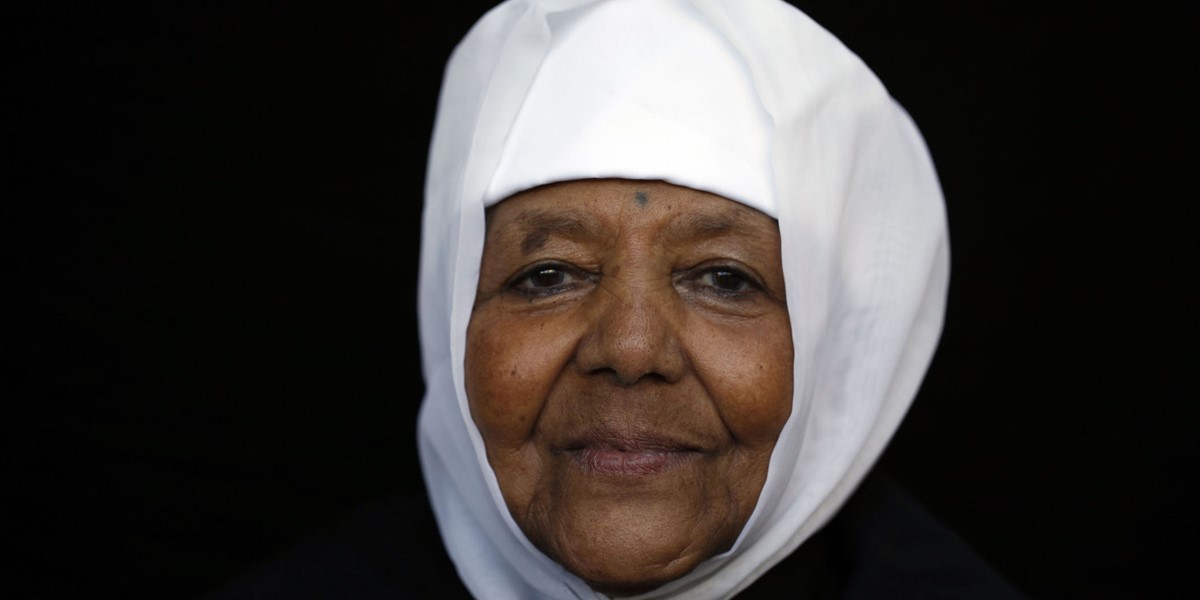Thursday, March 30, 2023
Obituary: Emahoy Tsegué‑Maryam Guèbrou (1923-2023)
By Jim Hickson
Emahoy, an Ethiopian nun renowned for her charity work and a singular piano style only discovered by the wider world when she was in her 70s, has died at the age of 99

Image courtesy of the Emahoy Tsege Mariam Music Foundation

Register now to continue reading

Thanks for visiting the Songlines website, your guide to an extraordinary world of music and culture. Sign up for a free account now to enjoy:
- Free access to 2 subscriber-only articles and album reviews every month
- Unlimited access to our news and awards pages
- Our regular email newsletters

